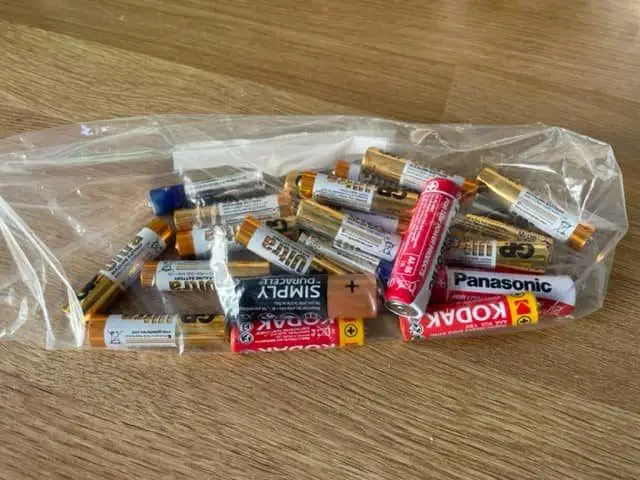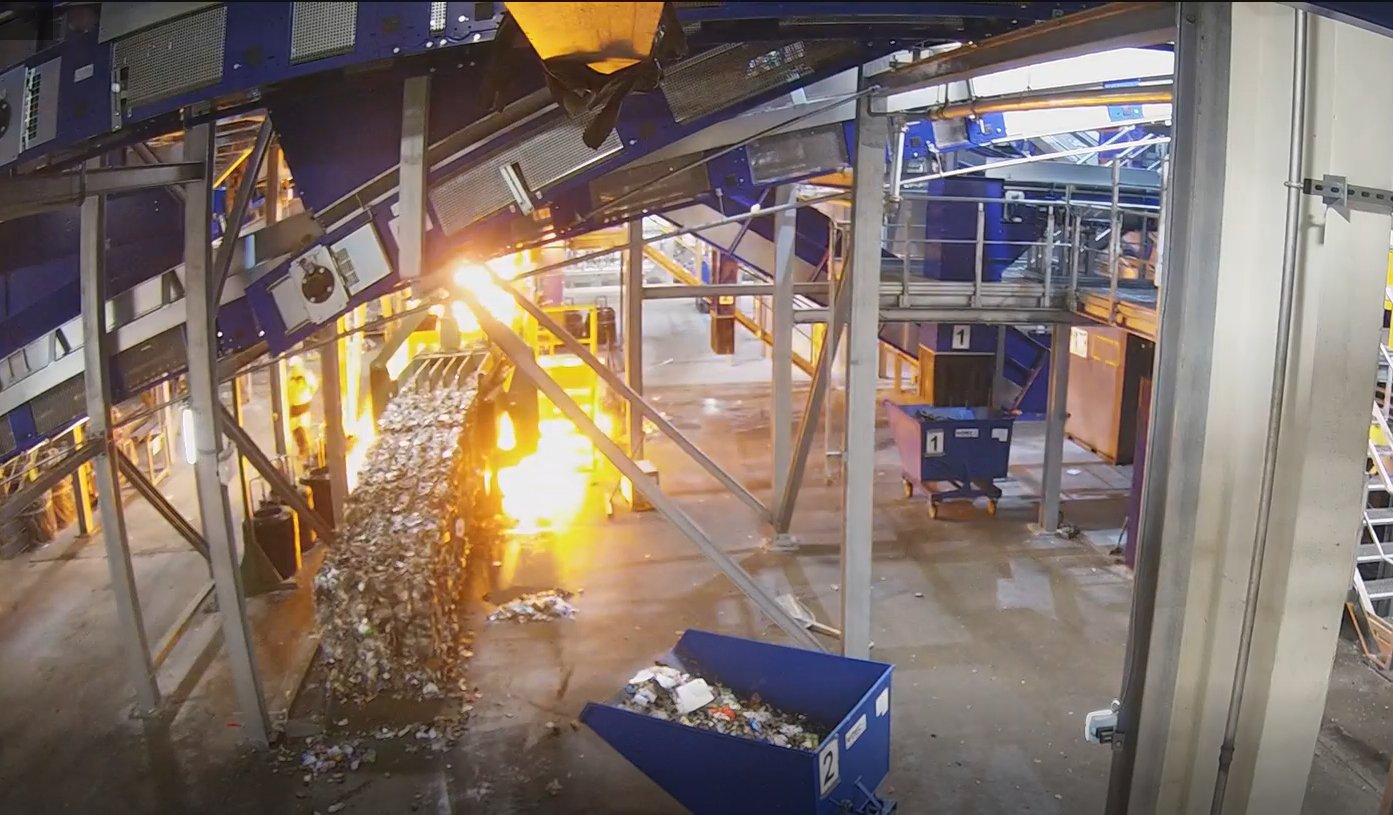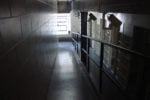The Isle of Wight council is inviting residents to make a positive difference to the environment by using its new household battery recycling scheme, which launches next week.
From Monday (2nd May), householders can leave their spent household batteries out for collection with their general waste (black bins/black gull-proof sacks).
Batteries will be recycled
All the batteries collected by the crews will be placed in a special box fitted to the collection vehicles and sent for sorting and processing.
Metals and chemicals will be extracted and used to make new batteries and other products.
How to recycle them
To ensure the batteries are kept separate to other household general waste, batteries should be placed safely and separately on top of your closed black bin or gull-proof sack in their own clear sandwich sized bag.

You can recycle small batteries of all shapes via the scheme. These typically include AA, AAA, of any size, small round (watch type batteries) and square batteries, and old rechargeable household batteries.
Batteries must always be removed from electrical items before being collected.
Large batteries such as laptop/phone/power tool batteries and car batteries or items where the batteries cannot be removed should be taken to your nearest Household Waste Recycling Centre.
Bacon: We hope this will make it easier for people to dispose of them responsibly
Cllr Jonathan Bacon, Cabinet lead for environment and waste management, said,
“In partnership with our waste operator, Amey Waste Treatment, I am pleased to announce our new battery collection service.
“According to recent figures by Let’s Recycle, around 600 million batteries reach the end of their usable life and become waste each year in the UK.
“More people are now recycling batteries at their local supermarkets or shops, but we hope that this will make it easier for people to dispose of them responsibly at the kerbside on waste collection day too and make even more of a positive difference to our environment.”
Recent incidents show that batteries thrown into ordinary bins, household waste or with other recycling are extremely dangerous.
They can easily get squashed, compacted, punctured, shredded or soaked in liquids. When this happens, they can ignite (see picture at top), resulting in fires that endanger lives, cause expensive damage and disrupt waste services.
Dix: Stops leaking metals polluting our drinking water
Natasha Dix, the council’s waste and environment manager, said,
“The introduction of kerbside household collection is a great step for our environment and for the safety of our people who may handle these.
“Many people may not realise that up to 90 per cent of a standard household battery can be recycled. Some have potentially toxic metals in them such as cadmium, lead and, historically, mercury.
“Diverting these metals from landfill and recycling them instead is important to ensure the metals don’t leak out of landfills and pollute our drinking water. In the recycling process, metals and chemicals are extracted and then used to make new batteries and other products.”
More information about household battery disposal can be found on the council’s Website.
News shared by Isle of Wight council press office, in their own words. Ed





